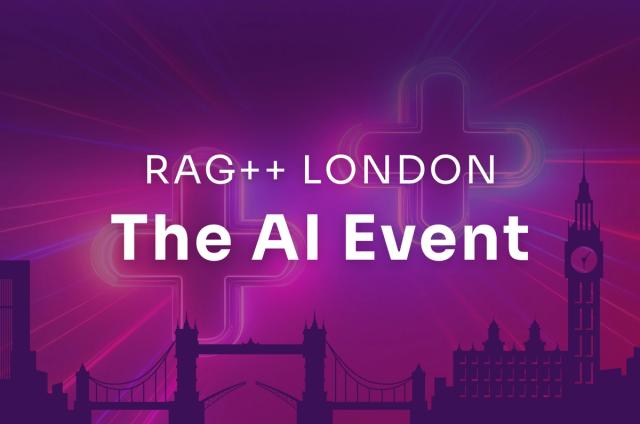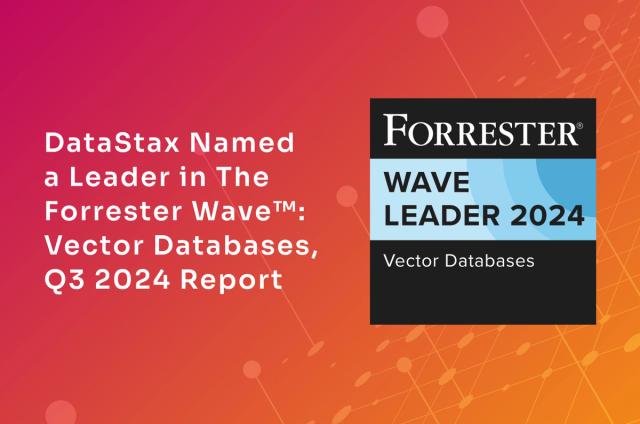AI-Focused Economist Summit Highlights Importance of Real-Time Data

Unquestionably, AI is the topic of the day. Hence the theme of The Economist’s latest Innovation Summit: “Building the intelligent company.”
But despite covering quite well the questions the agenda set out to tackle—Where is AI poised to make the biggest impacts soonest? Where can it create significant new value? Where will it mostly undermine existing business models? What can be done to equip the company’s existing workforce to be able to make the most of those opportunities that are there, rather than merely see AI as a threat?—again and again the conversations turned to data and using data properly.
“I would encourage everyone to think about the data and think about the tools,” said Kirk Bresniker, chief architect at Hewlett Packard Labs. Bresniker spoke on a three-person panel titled, “Promise or Peril: Glimpses of an AI-Enabled Future.” The conversation centered around how to ensure AI is used for the greater good and how to keep it ethical and bias-free.
“If you want to cure systemic bias and you have a system that’s only as good as its training, then that’s really hard,” Bresniker said. “These models are only as good as the input that they have.”
Another panel discussion focusing on AI and investments explored the concept of data as “the new oil”—a now widely used analogy that The Economist itself came up with last May in an article titled, “The world’s most valuable resource is no longer oil, but data.”
“Is data the new oil? Yes,” said Esther Dyson, executive founder of Way to Wellville, a decade-old nonprofit project dedicated to demonstrating the value of investing in health. “It’s out there, it’s tremendously valuable, but for that value to be realized it needs to be refined. Collecting the data is one thing—and then refining and analyzing and extracting it is another thing. Data is the raw material but it’s all the stuff you do to it to create the value that’s important.”
In a healthcare-focused session titled “From ER to AI”, Naveen Jain, chief executive of Viome, which bills itself as “the first company to offer wellness as a service” via gut biome-based personalized diet recommendations, said: “Data gets old really fast. More and more data is going to be real time. AI is just one piece of the technology, but it can only do the job when you have the right set of information.”
In 15-minute solo talk named “The Economics of AI,” Avi Goldfarb, a professor at the University of Toronto and co-author of “Prediction Machines: The Simple Economics of Artificial Intelligence,” said: “AI should be thought of as a drop in the cost of prediction. Prediction technology has gotten much better. So we’re going to see more and more of it. All sorts of applications for prediction…., and data is a core complement to cheap prediction.”
Quality data, correct data, and correct data correctly and responsibly used—this was the underlying “data layer” message of the summit.
“AI is not just being democratized, it’s being commodified,” Dyson said. “In the end the value is not just in your scientists but in your datasets and also your management.”




